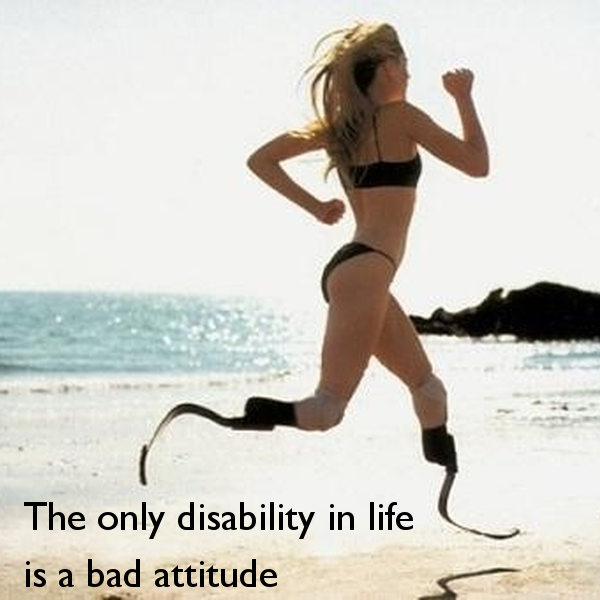Written by Steve Thomas, M.Sc.
N.B., The following article is based upon the UK benefits/ welfare system only.
As an unemployed ‘Aspergers service user’ the benefit/welfare system has always felt too dichotomous – either someone is ‘fit for work’ or they are ‘disabled with a need to justify’ impairments. This distinction in itself poses real challenges because of how Autism Spectrum Conditions have no ‘one sizes fits all’ – people can simultaneously be highly intelligent and yet unable to live independently or they can ‘function independently’ irrespective of place on the spectrum (severe, moderate, minor and major support needs) since there is no guarantee that intellectual capacity or social functioning will even be completely affected at debilitating levels.
This absence of defining boundaries dovetails with my next concern; if people are truly honest what can an employment advisor or ‘job coach’ be expected to offer in terms of support for such atypical autism challenges (social impairments, forming routines and emotional regulation challenges for example) when so few have more than a cursory knowledge of ASC’s, often not even trained in active listening skills or how to correctly interpret ‘excuses and barriers’. As someone that has been unemployed in three different Job Centres across the country, the picture is often no better in the North-West or South-East of England; even designated disability advisor’s training (since phased out in Job Centres) is mostly experiential or limited by employment mandates and funding available (i.e. x amount of people off unemployment benefits each quarter).
If I am honest, the question few Job Centre staff ever answer is what effect limited (and often insufficient) coach support even has on those seeking employment or the right to contribute to society in some way. In the past being referred for employment support programmes* but in reality finding that 2 of 3 tried struggled to support my ‘autistic, yet degree educated’ needs, leaving me with a new set of problems: ‘seeming too capable’ and being more educated than supporting staff, as someone that learns things quickly but struggles to fit job titles.
*The Shaw Trust, an approved 8 week internship and questioned about my desire to join the Work Choice Programme – all intended to facilitate paid employment or decrease employment barriers.
Leading onto my next point – if someone seems ‘too capable’ or their challenges are not directly visible what safeguards exist to stop advisory employment staff’ from applying excessive pressure, ascribing their own definitions of ‘job suitability’ or downplaying immediate needs such as continuity and needing advanced notice, sensory intolerances or preventing overwhelm (‘meltdowns’) that can seem ‘abusive or aggressive’ to the uninformed. More so, in light of how financial penalties are applied for missing appointments, not meeting allocated job searching hours, failing to meet key job seeking commitments prescribed and how advisor’s can (but should not!) request in-person meetings at short notice, according to Universal Credit (housing benefit and unemployment benefits combined) and Job Seekers Allowance guidelines.
From an autism perspective there is a great deal of room for possible abuse of power and ‘helpful support provisions’ if staff do not (or choose not to) consider that autistics’ may need structure NOT ‘timekeeping help’, have genuine reasons why retail, industrial or healthcare roles may be unsuitable and may need more time to express themselves more clearly. Another challenge of the Universal Credit benefit is the three tier group allocations* with some autistic individuals that may seem like they require no adjustment or job preparation support (even though they can access it immediately rather in the typical 6-12 months), but in reality this ‘excess of capability’ can lead to a greater risks of unemployment and covert discrimination from employment advisors.
*The 3 groups: work-preparation group (preparing for but not actively seeking employment, plus attending JCP meetings), limited to no work capability (no pre-employment tasks or JCP meetings), and employment-ready (applying for jobs and preparing for employment) – and similar levels for physical incapability
Personally I am inclined to argue that more people could work (paid or unpaid) if more specialist support existed; if the gatekeeper system of accessing job support was more user needs-led, and if people were given more choices than the present (be seen as ‘sick and incapable’, struggling but unsupported or ‘fit for work’ after phased adjustment time). If anything every time I have volunteered in the past an ‘elephant in the room’ remains unvoiced; why are people still providing light admin, retail or group facilitation skills free of charge – should they not too be paid for 1-10+ hours of labour each week?
A parting question: why in 2015 (and beyond) are autism employment needs still not being met, worse yet why are untrained [disability-aware] employment advisors still deciding employment support needs without consulting autistic groups?
